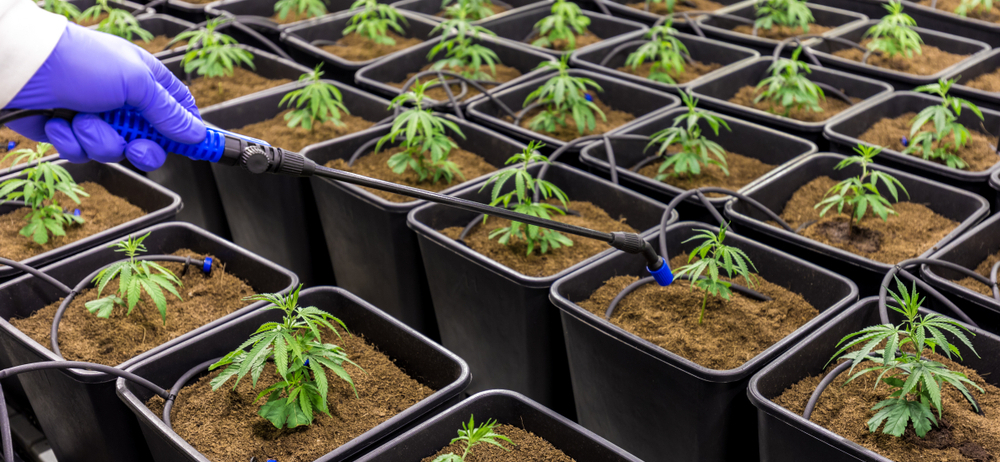When we started this journey 18 months ago, the proposition was quite simple: two jurisdictions, one in the southern hemisphere, one in the EU. We also wanted to keep our capital costs as low as possible
chief executive Carl Esprey
There is a business concept known as second-mover advantage. Essentially, it is simply learning from the mistakes of those who went before to build better, more efficient businesses.
The rise and demise of some participants in Canadas legal cannabis industry offers a lesson for those now following in the wake of the pioneers.
During the original legalisation boom it was often enough to simply hold a growers licence to enhance value significantly.
Anyone who is old enough to remember the dot-com boom will see parallels and understand the irrational exuberance. They will also remember that the tech sector came back bigger, better and stronger.
Learning from the past
For Carl Esprey, chief executive of Botanical Holdings, the plan is to benefit from lessons learned from those companies who went before – and have, for want of a better term, an oven-ready solution before the business is listed on the Aquis Exchange in October.
A pilot-scale grow of 1,000 plants is imminent at the companys site in Lesotho, where construction – stalled briefly by local COVID restrictions – should be complete in the next quarter, prior to the companys IPO.
After a year of interaction with the authorities in Portugal, Botanical Holdings has also been granted what is called a pre-licence, which allows it to begin growing operations in the country and thereby provide it with a 'bridgehead' into the EU.
Offtake agreed
Offtake arrangements have been agreed in principle with an unnamed, licensed German buyer which means Botanical Holdings has a route to market for its product.
Overall, Botanical Holdings appears as oven-ready as they come.
The Aquis listing is expected to bring in US$4-$5m that will principally be deployed into engineering, procurement, and construction works to establish a cannabis growing (and, at a later phase, refining) facility on its 23 hectare site.
In achieving this, Botanical Holdings will be well on its way to having an all-year-round growing operation (remember Lesotho is in the southern hemisphere) capable of delivering four crops a year.
And of course, all of this is being done at a fraction of the capital costs of facilities in other locations around the world which farm intensively but require high-tech expensive growing facilities.
CBD opportunity
As well as producing product for medicinal use in the German market, Botanical Holdings is also considering hemp production opportunities in order to have an in-house source of cannabidiol (CBD) for wellness products.
This is a market in which it hopes to create a vertically integrated operation, from growing through to branding high-end CBD products, for the online and physical retail markets.
Esprey said the company may consider developing its own THC distribution solution, but this is many years off.
A former mining entrepreneur, the Botanical Holdings CEO uses stock phrases from that industry such as offtake agreement and cost curve support when he talks about cannabis.
Rather than being naïve, it brings a level of sophistication so far lacking, particularly when it comes to the economics of the industry.
So, for example, Esprey and his team already know the cannabis price has support at US$1.5-$1.75 a gram, this being the marginal cost of production in Canada.
At a production cost of 30 cents, Botanical Holdings can make a healthy margin at the figures quoted above, which are conservative for the European market.
Dividend potential?
All this suggRead More – Source
[contf]
[contfnew]

Proactiveinvestors
[contfnewc]
[contfnewc]























































